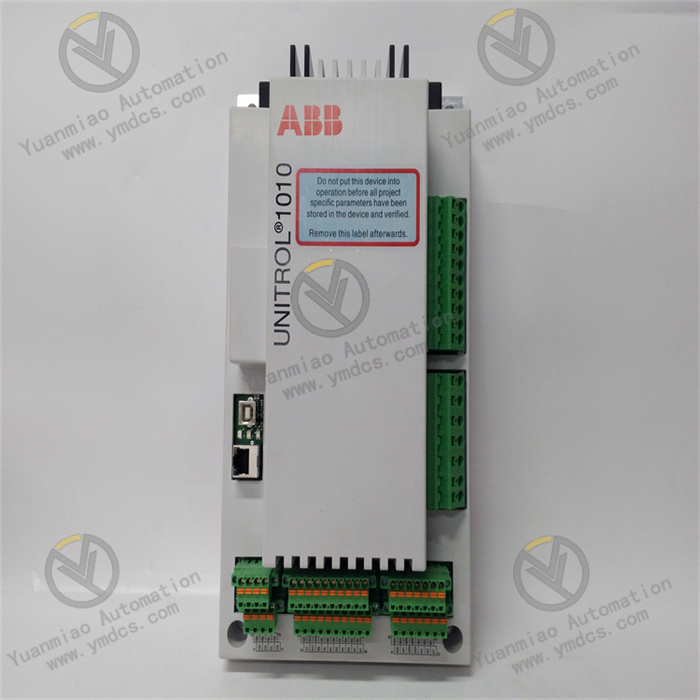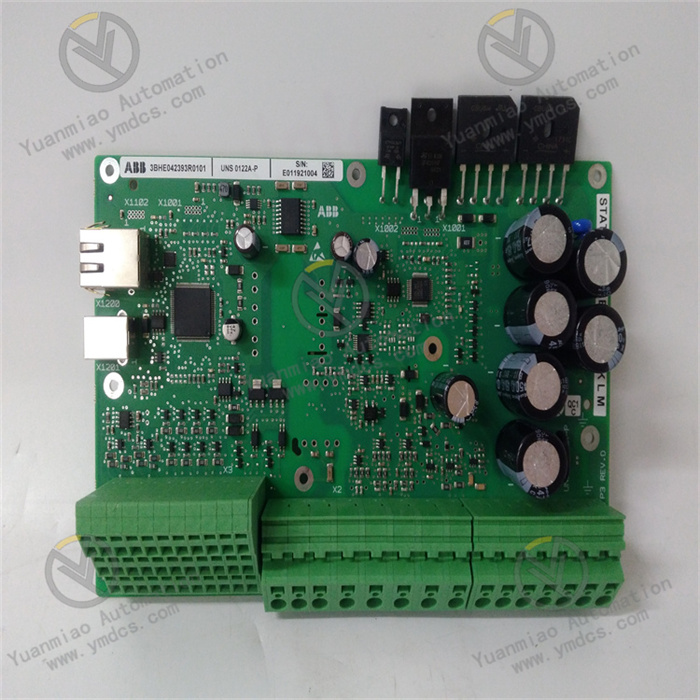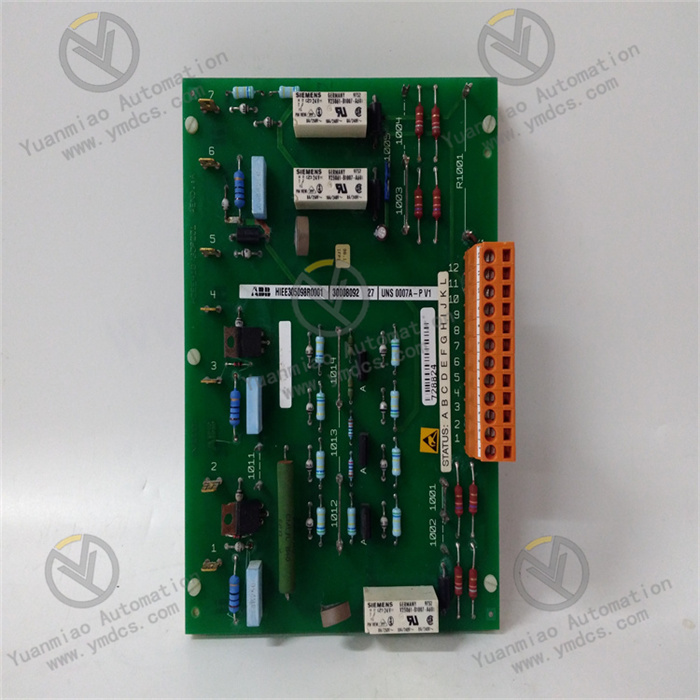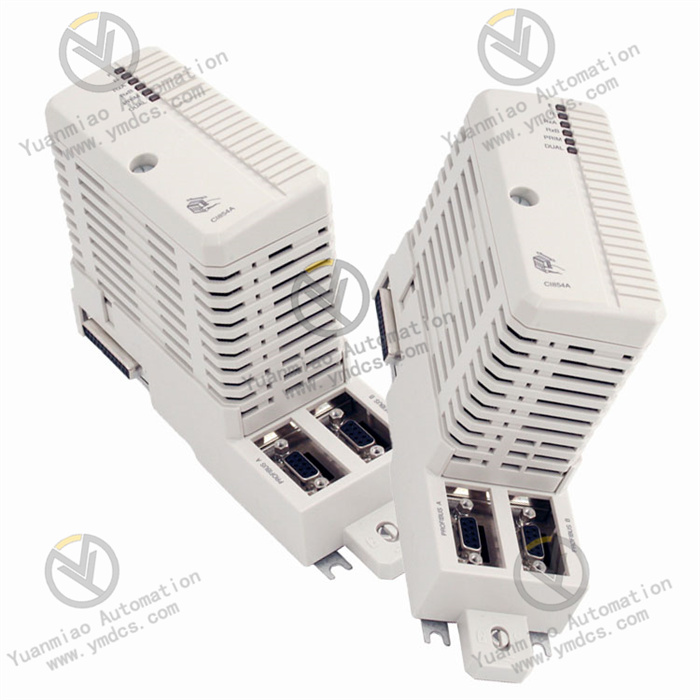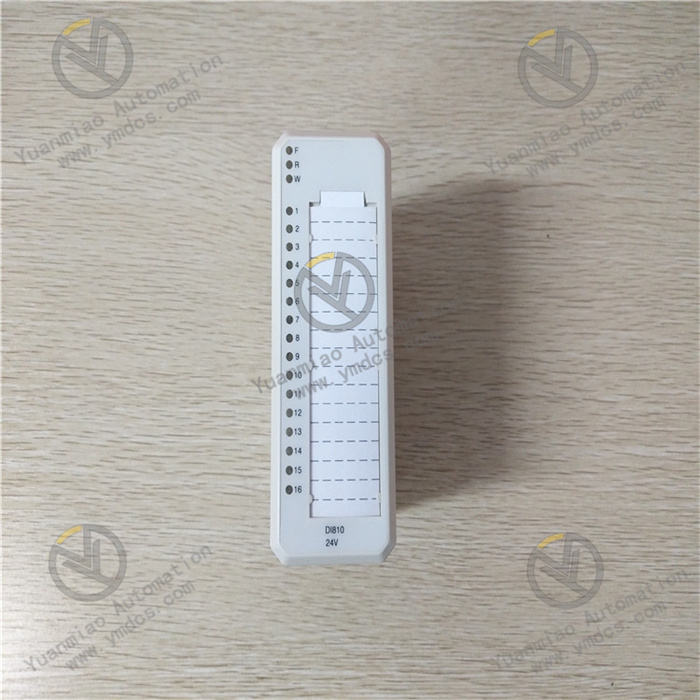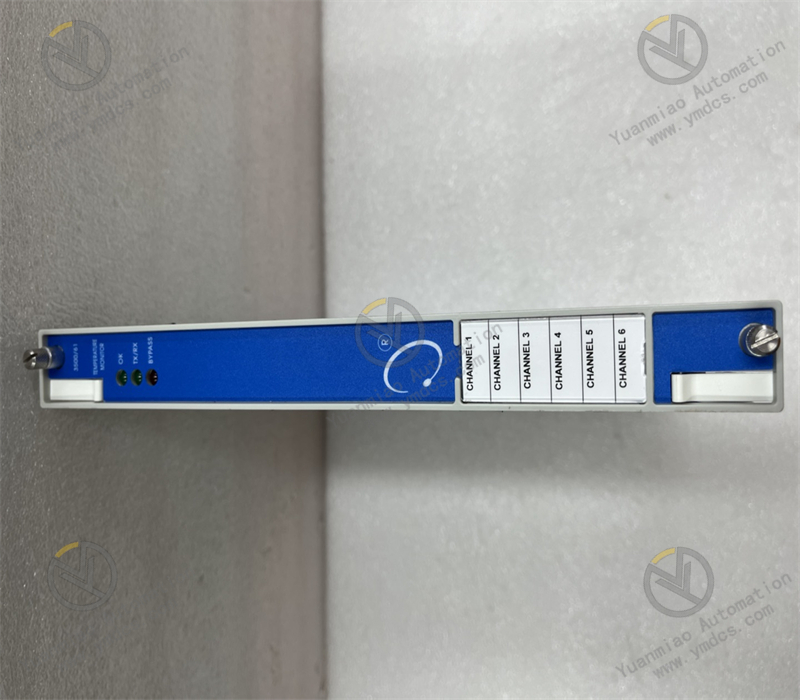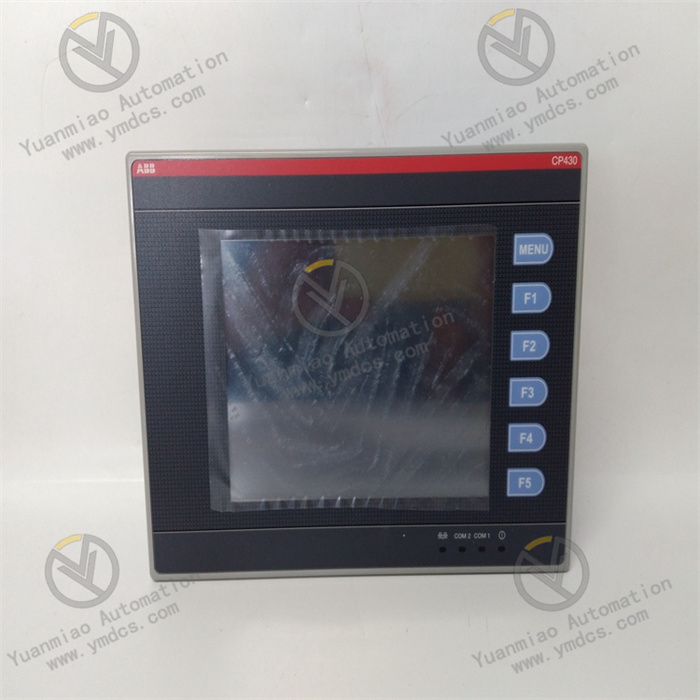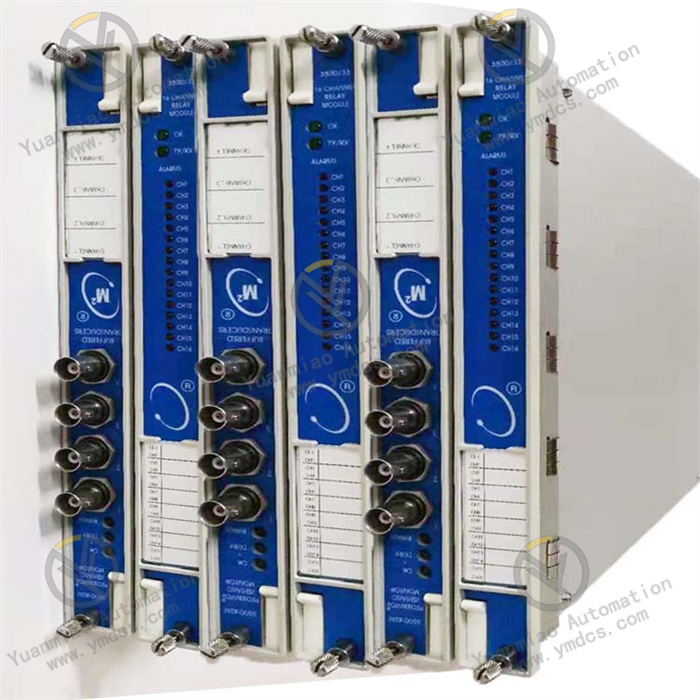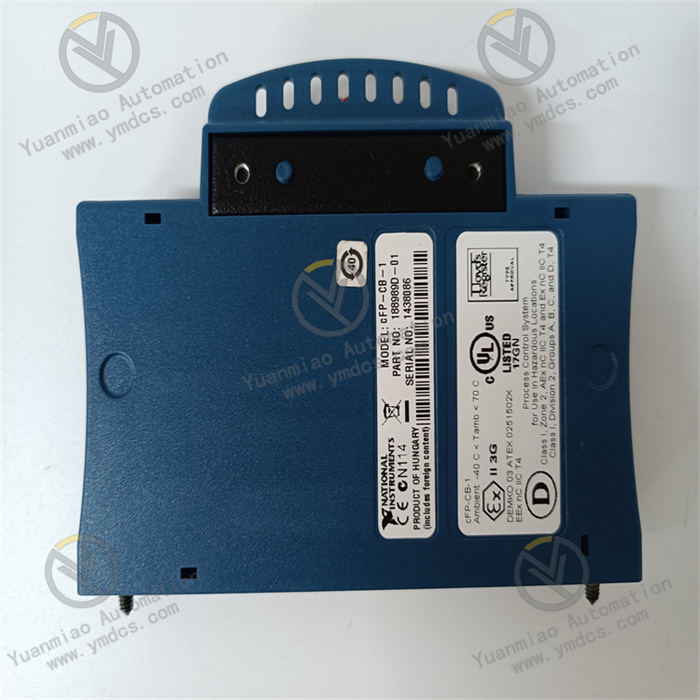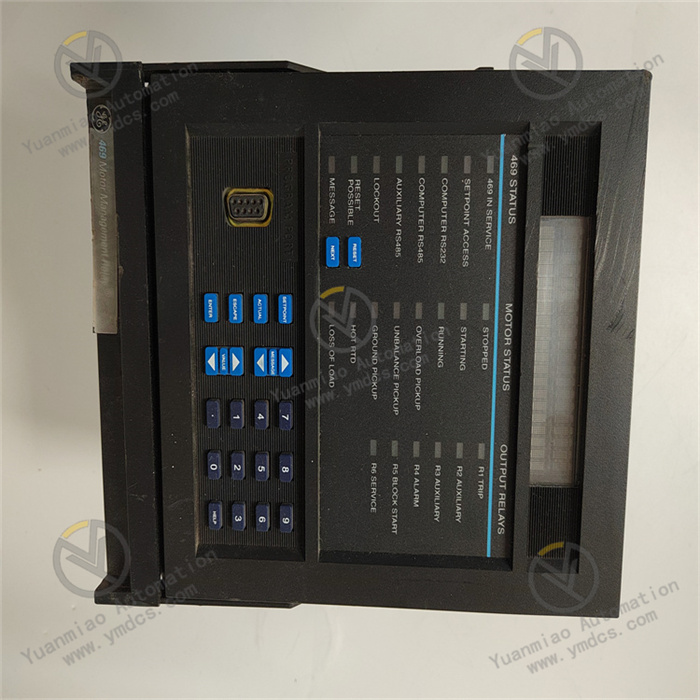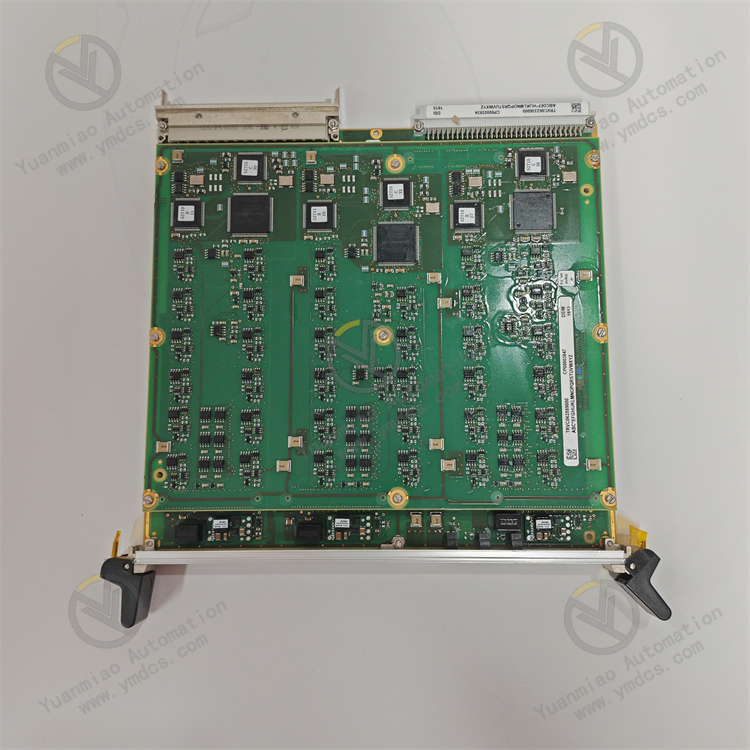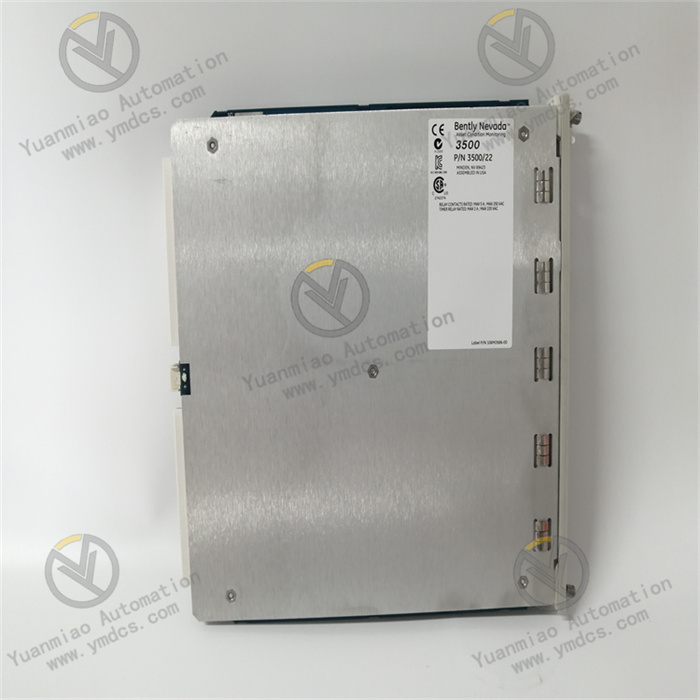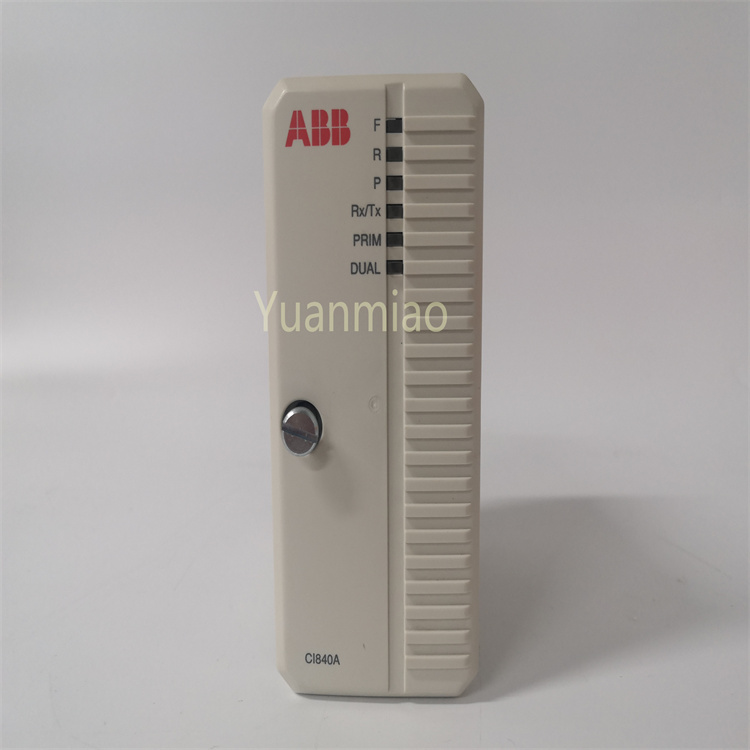Description
ABB UNS0867A-P,V1 HIEE405246R0001
controller (controller) refers to the master device that changes the wiring of the main circuit or control circuit and changes the resistance value in the circuit to control the start, speed regulation, braking and reverse of the motor in accordance with the predetermined order. Composed of program counter, instruction register, instruction decoder, timing generator and operation controller, it is a "decision mechanism" that issues commands, that is, to complete the coordination and command of the operation of the entire computer system.
The controller is divided into combinatorial logic controller and microprogram controller. The two controllers have their own advantages and disadvantages. Combinatorial logic controller design is troublesome, complex structure, once the design is completed, it can not be modified or expanded, but its speed is fast. Microprogram controller is convenient in design, simple in structure, easy to modify or expand, modify the function of a machine instruction, only need to reprogram the corresponding microprogram; To add a machine instruction, one simply adds a microprogram to the control memory, but it does so by executing a microprogram. The specific comparison is as follows: The combined logic controller, also known as the hard-wired controller, is composed of logic circuits and completely relies on hardware to achieve the function of instructions.
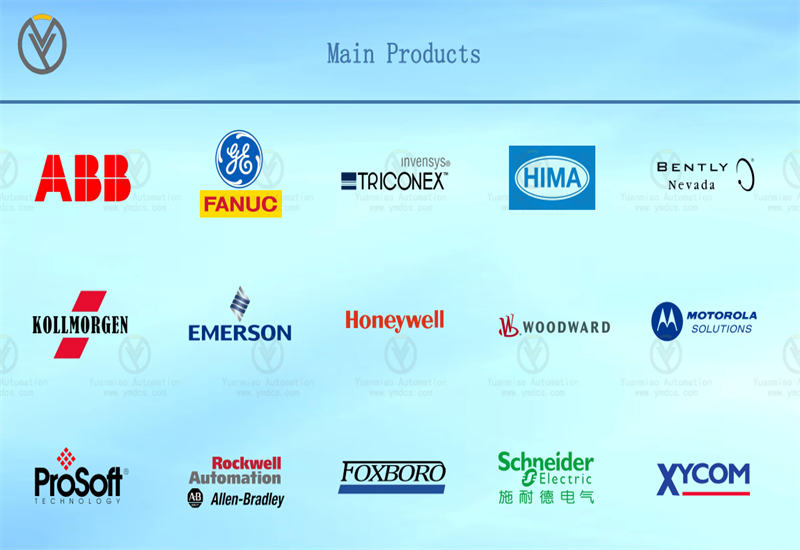
The combinatorial logic controller consists of three parts: sequential circuit, instruction decoding circuit and combinatorial logic circuit. The current instruction is determined by the instruction decoder, and the corresponding control signal is output as the input result of the combinatory logic circuit combined with the beat generated by the sequential circuit. Combinatorial logic controller is composed of complex combinatorial logic gate circuit and flip-flop, which has high execution speed, so it is widely used in computer structures such as RISC.
Design steps:
1. Design the instruction system of the machine: specify the types of instructions, the number of instructions and the format and function of each instruction;
2. Preliminary overall design: such as register setting, bus arrangement, arithmetic design, connection relationship between components, etc.;
3, draw instruction flow chart: mark each instruction at what time, what part to perform what operation;
4, Arrange the operation schedule: that is, according to the instruction flow chart, decompose each operation into micro-operations, and list the micro-operations that the machine should carry out according to the time period;
5, list the microoperation signal expression, simplification, circuit implementation.
Basic composition:
1. The instruction register is used to store the instructions being executed. The instruction is divided into two parts: the operation code and the address code. The operation code is used to indicate the operation nature of the instruction, such as addition, subtraction, etc. The address code gives the operand address of this instruction or information about forming the operand address (in this case, the address formation circuit is used to form the operand address). There is an instruction called the transfer instruction, which is used to change the normal execution order of the instruction, the address code part of this instruction gives the address of the instruction to be forwarded to the execution.
2, the operation code decoder: used to decode the operation code of the instruction, generate the corresponding control level, and complete the function of analyzing the instruction.
3, timing circuit: used to generate time signal. In the microcomputer, the time sign signal is generally three levels: instruction cycle, bus cycle and clock cycle. The microoperation command generation circuit generates various microoperation commands to complete the operation specified by the instruction. These commands are mainly based on the time stamp and the operational nature of the instruction. The circuit is actually the circuit realization of each microoperation control signal expression (the A→L expression above), which is the most complex part of the combinatorial logic controller.
4, instruction counter: used to form the address of the next instruction to be executed. Normally, instructions are executed sequentially, and instructions are stored sequentially in memory. Therefore, in general, the address of the next instruction to be executed can be formed by adding 1 to the current address, and the microoperation command "1" is used for this purpose. If a transfer instruction is executed, the address of the next instruction to be executed is the address to be transferred to. This address is in the address code field of the transfer instruction and is sent directly to the instruction counter.
The microprogram controller is proposed because the combinatorial logic design is not easy to design, not flexible, not easy to modify and expand.
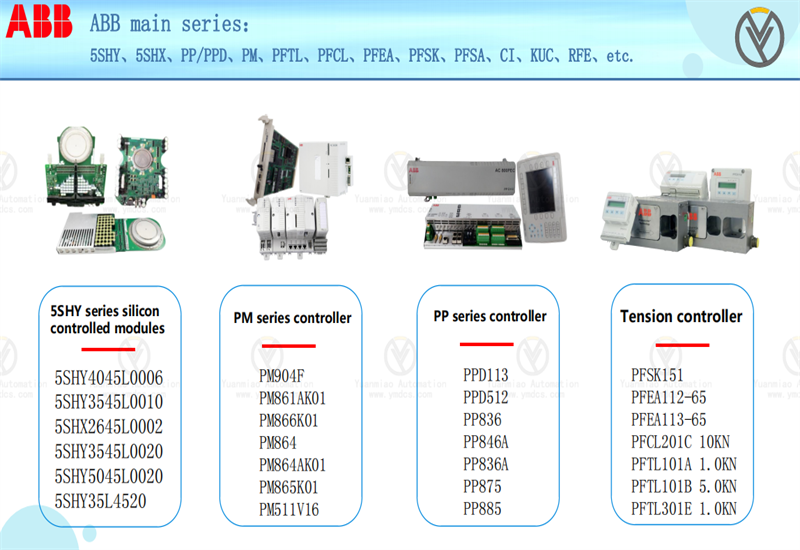
One year warranty, special discount after sale
The company focuses on DCS, PLC, robot, large servo four systems
The main products are all kinds of module/card, controller, touch screen, servo drive
The company's advantages: the supply of imported original products, professional production of accessories
Fast delivery time, complete supply, The seller has more than $1526000 worth of industrial control products inventory
We Can transport to the world!!!
Company: Guizhou Yuanmiao Automation Equipment Co., LTD
Address: Hongshan Hotel, No.42 Hongshan Lake Road, Beijie Street, Xixiu District, Anshun City, Guizhou Province (Bailing. No. 9, 14th floor, Doubletree by Hilton
① 24-hour email reply (12 hours);
② For shipment to countries outside Asia, please contact the seller.
[Disclaimer]
Guizhou Yuanmiao Automation Equipment Co., LTD. We sell new products and discontinued products, independent channels to purchase such special products. Guizhou Yuanmiao Automation Equipment Co., Ltd. is not an authorized distributor, distributor or representative of the featured products on this website. All product names/product images, trademarks, brands and logos used on this website are the property of their respective owners. Descriptions, descriptions or sales of products bearing these names, pictures, trademarks, brands and logos are for identification purposes only and do not imply any association or authorization with any rights holder.

ABB Related Products
| 3BHE023681R0103 | 3BHB005922R0002 |
| 3BHE023784R0001 | 3BHB006208R0001 |
| 3BHE023784R1023 | 3BHB006414R0001 |
| 3BHE024415R0101 | 3BHB006621R0103 |
| 3BHE024577R0101 | 3BHB006943R0001 |
| 3BHE024642R0101 | 3BHB007209R0102 |
| 3BHE024747R0101 | 3BHB007211R0101 |
| 3BHE024855R0101 | 3BHB007211R0102 |
This article is from the official website of Guizhou Yuanmiao Automation Equipment Co., LTD. Please attach this link: http://www.ymdcs.com/Triconex/


